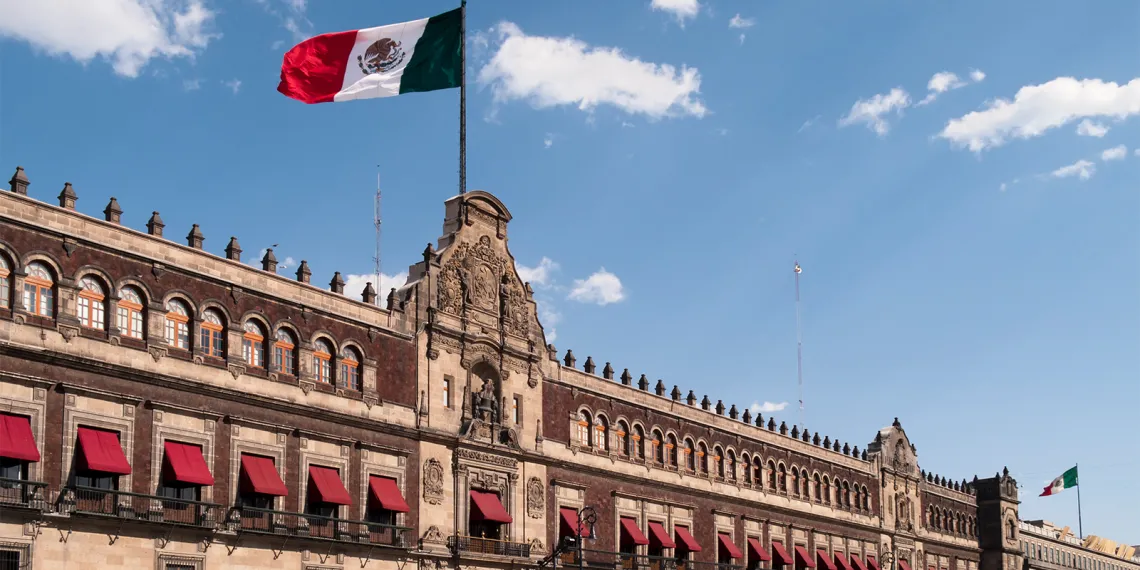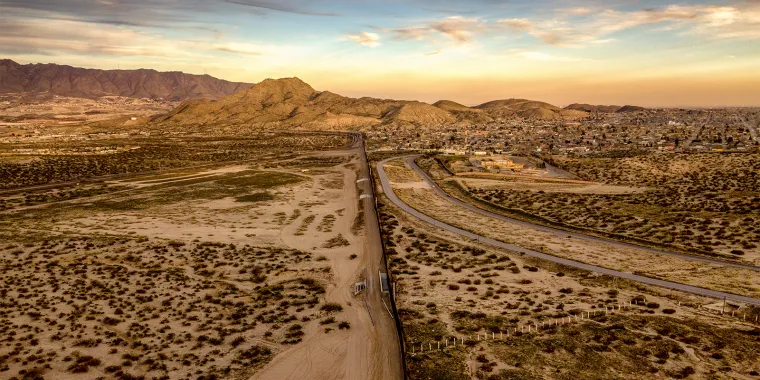While the Covid-19 pandemic has impacted a spectrum of industries, tech included, companies from both the Arizona-Sonora region and abroad are still looking for support to foster tech innovation in the region.
When Andrés Manuel López Obrador, or “AMLO” as he is affectionately called, won Mexico’s 2018 presidential election in a landslide, claiming 53 percent of the vote, he rode in on a wave of change. Left-leaning and a presumed populist, he had campaigned on curtailing corruption, and capitalized on discontent with outgoing president Enrique Peña Nieto, whose perceived reckless spending had created considerable anger in a country where 43 percent of the population experience financially instability, and politics is often seen as the road to easy money.
Dubbed “The Tropical Messiah” by Enrique Krauze, a historian and pundit, López Obrador has been painted by detractors as a Donald Trump-style Latin American strongman with a dictatorial bent, while others see him as a pragmatist with a Mexico First vision. In his fourth and finally successful run for the presidency, López Obrador had been described as self-assured and occasionally arrogant, but also something of an intellectual, with over a dozen books to his credit, including Don’t Say Goodbye to Hope and The Mafia That Took Possession of Mexico.
The Promise of Austerity
From the start, he’s made austerity a defining characteristic of his presidency by only flying commercial and promising to take a 40 percent pay cut, backed by new laws demanding that no public servant can earn more than he does. López Obrador has also promised to increase social spending and cut poverty, which many feel was inspired by his upbringing in Tabasco, one of the poorest states in Mexico and where he launched his political career.
Far from the entrenched networks of Mexico City, López Obrador’s first taste of political life came during the late 1970s when he worked as a representative of Mexico’s National Indigenous Institute in his native state, even living in a shack to develop greater empathy for indigenous families.
“He knows that the south of Mexico is the poorest part of the nation, that it badly needs a pension, and he's willing to do something about that,” says William Beezley, a professor of history at the University of Arizona with a focus on Modern Mexican History and Latin American Cultural History. Beezley believes that, like his predecessors, López Obrador wants to curb violence and corruption, and is committed to building a stronger and more resilient economy, convinced that he can be successful where others have failed.
An Independent Mexico
In his first radical step, López Obrador broke away from the Merida Agreement, removing Mexico from the unpopular and costly war on drugs. No longer will U.S. advisors, helicopters or military equipment track the cartels, a development that Beezley sees as important for Mexican pride and nationalism.
“He is going to regularly do things to create Mexican independence from U.S. policy,” says Beezley, who feels there’s a disconnect between the popular misconception of drug cartels and the reality on the ground. “Drug cartels don't exist anymore—they're organized crime, like the mafia. They're involved in protection, kidnapping and drugs. So even if the drugs suddenly disappeared, all these other activities would continue.”
López Obrador vows to abandon the “failed strategy” his predecessors used to tackle these issues, including a heavily militarized 11-year campaign that claimed over 200,000 lives. He also hopes to decrease violence and corruption by reshaping the economy, providing social security and money to the poorest regions in Mexico.
“I am convinced that the most effective and humane way of fighting these ills involves combating inequality and poverty,” he said during his victory speech in July 2018. "Peace and tranquility are fruits of justice.”
A Populist President?
López Obrador hopes to bolster the economy by raising wages, with the intended effect of making corruption and crime less attractive. Detractors say he is clinging to a long-gone vision of Mexico, of a time when the private sector took a backseat to the president and state, a balance of power that largely ended when NAFTA gained a foothold in the ’90s. Yet, he has agreed to sign on to the new United States–Mexico–Canada Agreement (USMCA), formally NAFTA, with reservations.
So what about his populism?
“AMLO’s popularity and why people associate him with being a populist is that he, like many in Mexico, are disenchanted with programs that over the last 35-40 years have just not worked," says Beezley. "He thinks he can make serious changes to the Mexican economy and Mexico's relationship with the United States, particularly at the border. And because he's willing to make those changes, he's been misidentified as a kind of populist, when he's actually trying to create something different. And sometimes, it's just popular to propose a change.”
And it certainly has been. According to a survey last year in the newspaper El Financiero, López Obrador has a 66 percent approval rating, compared to just 26 percent for Peña Nieto at the time of his departure from office. But for now, we will have to wait and see how López Obrador handles the almost daily news coming from the Trump White House, along with how he will continue to navigate this tenuous period in the U.S.-Mexico relationship.
Continued Popularity in the Time of Coronavirus
According to a 2018 survey in the newspaper El Financiero, López Obrador had a 66 percent approval rating, compared to just 26 percent for Peña Nieto at the time of his departure from office. That rate has held steady through the first part of 2020, even as he unveiled more cuts in response to the Covid-19 crisis, including the abolition of 10 government departments, a hiring freeze and a 25 percent cut in government salaries.
Despite the cuts, the president promised to plough ahead with a litany of projects including a huge oil refinery in his home state of Tabasco, a pair of railways and an airport north of Mexico City. But these projects have collided with coronavirus—Mexico has confirmed 11,633 Covid-19 cases and 1,069 deaths, although the country’s health officials admit the true number is much higher. The pandemic could not have come at a worse moment: Mexico’s economy stagnated in 2019 and was already projected to contract in 2020.
In response, AMLO has proposed loans for households and business. He also promised to boost social programs and push forward pension payments.
But critics like Oxfam Mexico have expressed skepticism that these measures will be enough to help those affected by the crisis, stating in a report that they “are not designed to support that many people in poverty at this time.”
In April, AMLO said he would take out around $16.6 billion from public trusts and a budget stabilization fund to address the economic crisis that analysts expect may reduce Mexico's GDP by four to 12 percent. Lopez Obrador also said his administration will continue with its austerity measures, will not incur public debt, and will not bail out companies or give tax breaks to people or companies.
But Covid-19 is sure to put austerity to the test, and only time will tell if these measures will be enough to help Mexico weather the storm.



